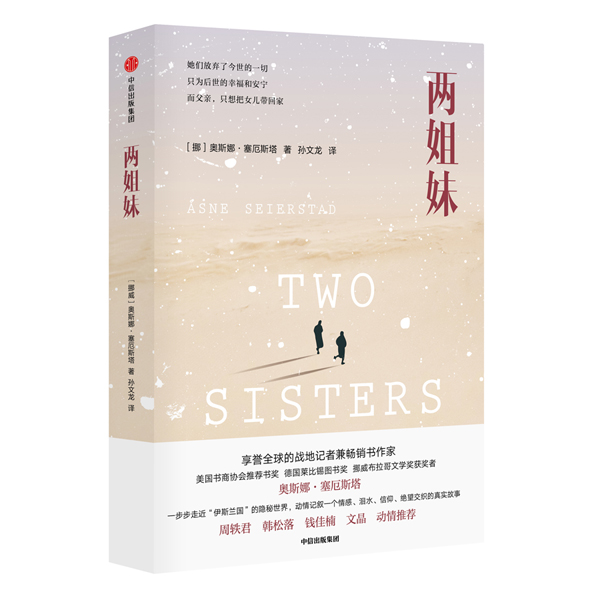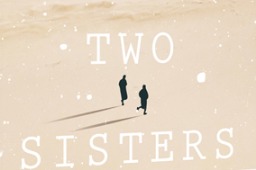Author opens new chapter


"My mother was a fierce feminist, so I kind of have feminism in my veins. It's just a part of me and I don't need to think so much about it," says Seierstad. "Sometimes traveling around the Islamic world, it very much annoys me to see all those lives and all those talents wasted because they're women."
The deeply entrenched feminist belief is a reason for her being able to work under extreme circumstances. "I have a lot of energy when I go for something," she explains. "When I go for a story, I like to do it 100 percent."
The Chinese version is translated from English, which the writer says is more comprehensible for non-Norwegian readers, as she has made a few changes and added new details into the English version.
She also says that although the book does not relate to China's social context directly, it deals with social issues and personal dilemmas that are universal.
"I tried to write in a way that you can really get into the dilemmas and the characters, so from anywhere you are in the world, you may relate to them," she says. "It doesn't matter what your background, religion or social class, all people can relate to some of the dilemmas.
"Because it's also a book about belonging, about raising a family, about multiculturalism, about how to deal with immigration ... I'm sure the topics can relate to the Chinese society indirectly."





































